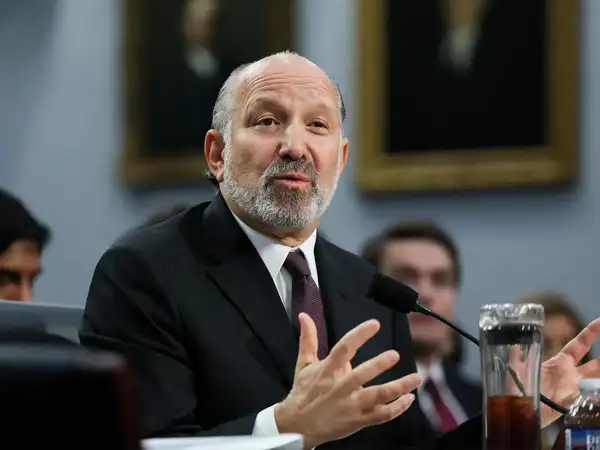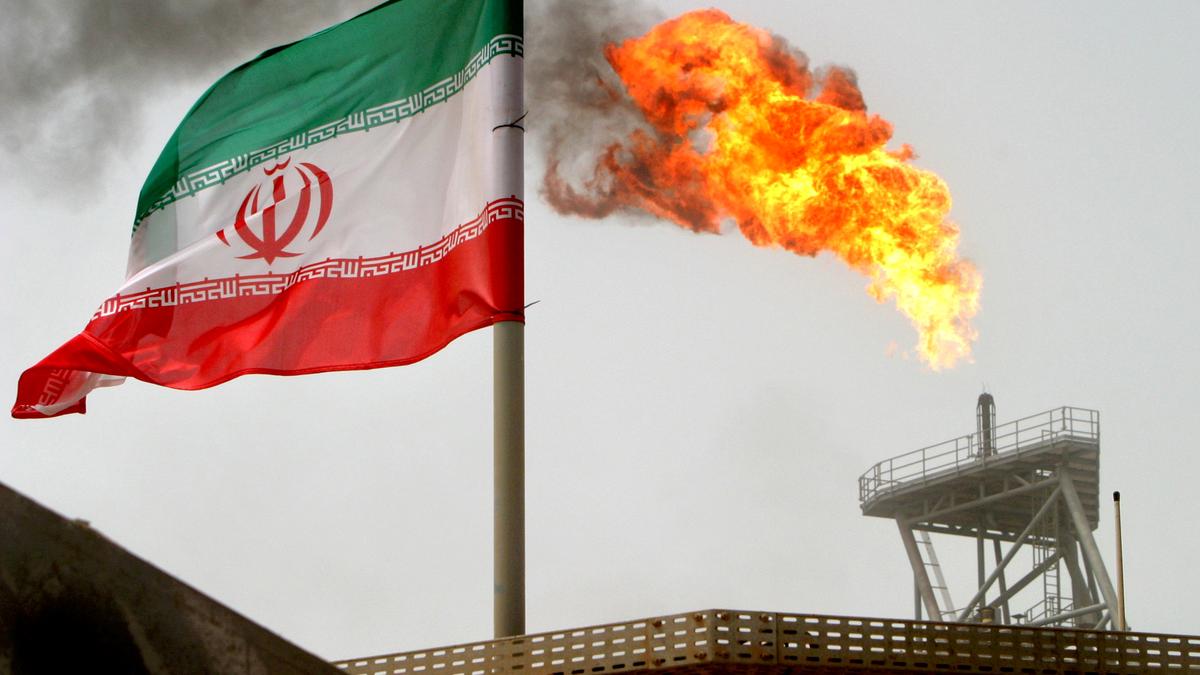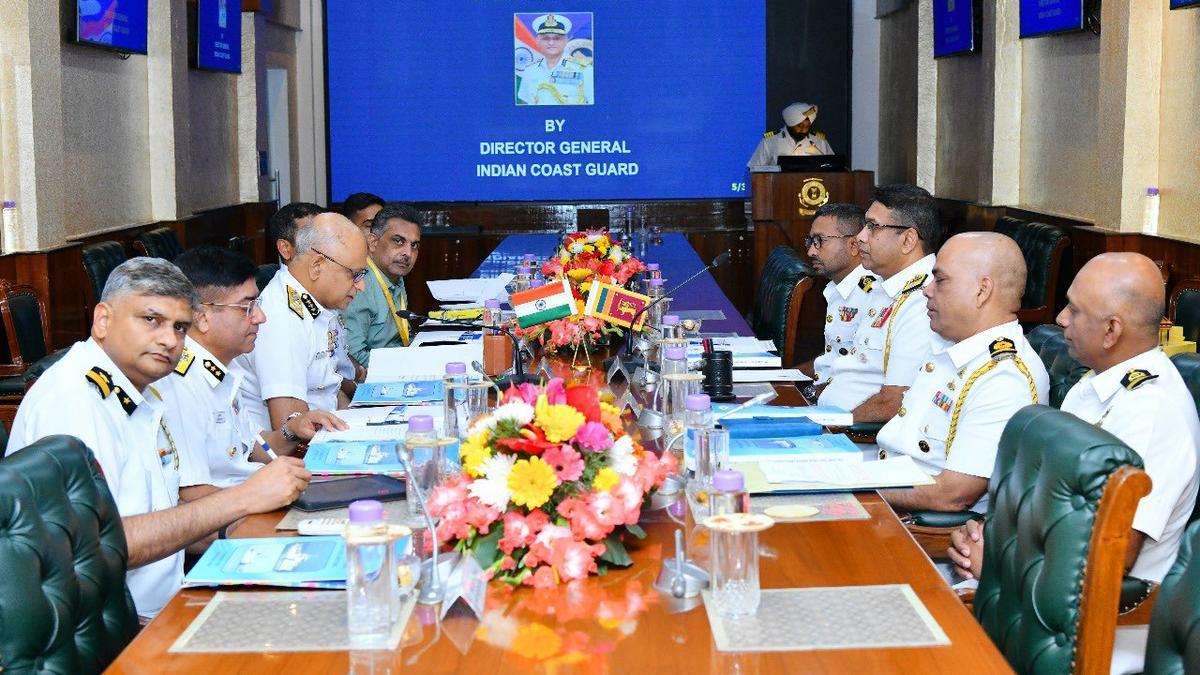Description
GS PAPER II: Bilateral, regional and global groupings and agreements involving India and/or affecting India’s interests.
Context: Belgian ambassador's wife claims diplomatic immunity after slapping a Seoul store assistant.
What is diplomatic immunity?
- It is a privilege of exemption from certain laws and taxes granted to diplomats by the country in which they are posted.
- The custom was formed so that diplomats can function without fear, threat or intimidation from the host country.
Legal basis:
- Diplomatic immunity is granted on the basis of two conventions, popularly called the Vienna Conventions — the Convention on Diplomatic Relations, 1961, and the Convention on Consular Relations, 1963.
- They have been ratified by 187 countries, including South Korea. Which means, it is a law under that country’s legal framework and cannot be violated.
What is the extent of this immunity?
- According to the Vienna Convention on Diplomatic Relations, 1961, the immunity enjoyed by a diplomat posted in the embassy is “inviolable”.
- The diplomat cannot be arrested or detained and his house will have the same inviolability and protection as the embassy.
Exceptions to prevent misuses:
- It is possible for the diplomat’s home country to waive immunity but this can happen only when the individual has committed a ‘serious crime’, unconnected with their diplomatic role or has witnessed such a crime.
- Alternatively, the home country may prosecute the individual.
- While diplomatic immunity is intended to “insulate” diplomats from harm, it does not insulate their countries from a bad reputation and a blow to bilateral ties.
- The privilege of diplomatic immunity is not for an individual’s benefit.
- If a diplomat acts outside his business of conducting international relations, a question arises over whether his immunity still applies.
Is this immunity the same for all diplomats and their families?
- The Vienna Convention classifies diplomats according to their posting in the embassy, consular or international organisations such as the UN.
- Diplomats posted in an embassy get immunity, along with his or her family members.
- While diplomats posted in consulates also get immunity, they can be prosecuted in case of serious crimes, that is, when a warrant is issued. Besides, their families don’t share that immunity.
About Vienna Convention:

https://indianexpress.com/article/explained/diplomatic-immunity-belgian-envoys-wife-seoul-7318980/








